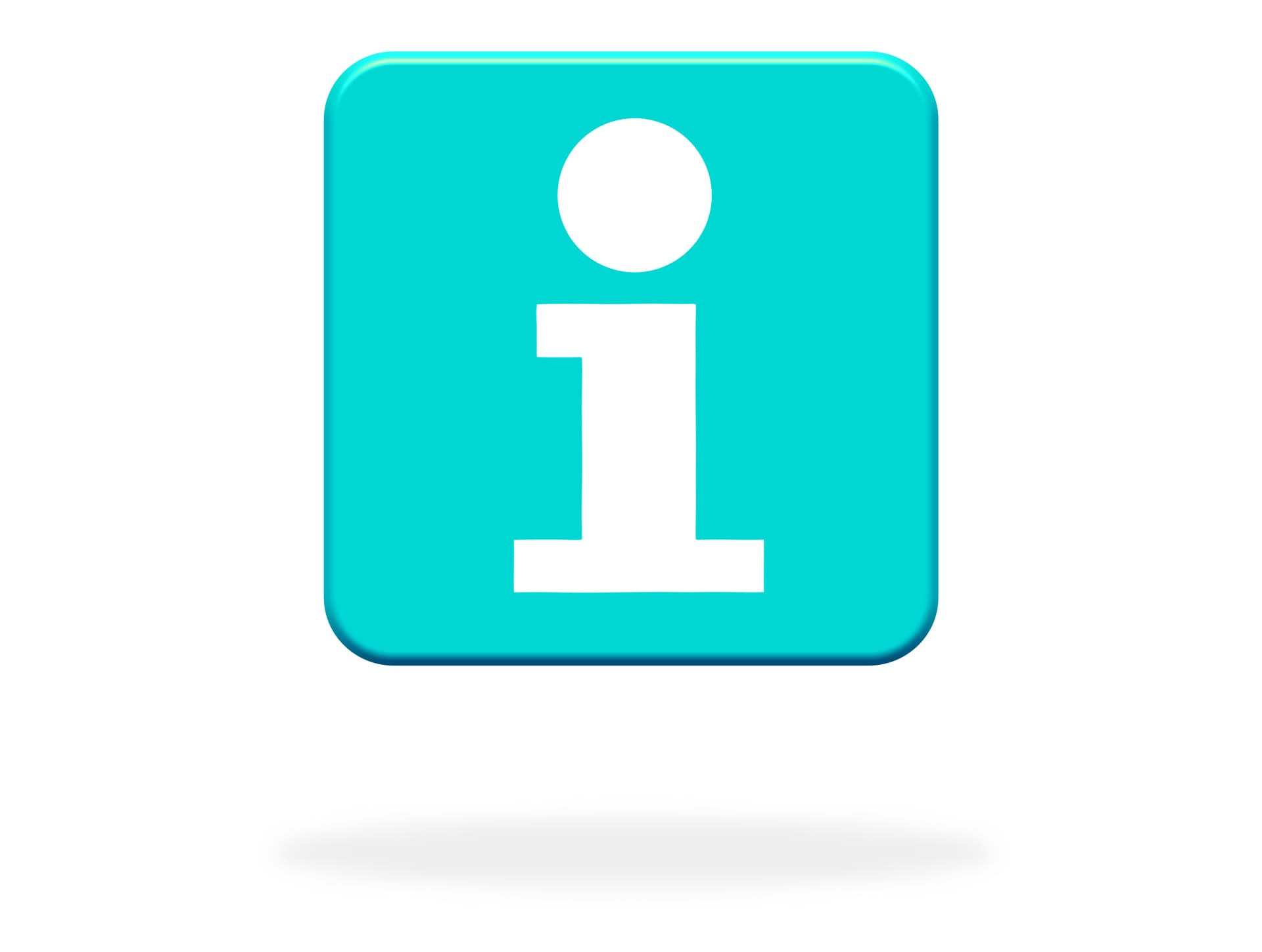
While police in Canada cannot make a traffic stop for no reason, the reasons for which they can stop a driver generally might seem to be slender justification.
- If they suspect you have committed a crime;
- If they see you commit a crime; and
- If you are driving.
That last one might seem like a pretty blanket justification, and it is. The police have significant discretion regarding traffic enforcement and can stop you at any time you are driving to determine whether you are under the influence of drugs or alcohol, to determine whether your vehicle is mechanically fit, to check whether you have a valid driver’s licence, or to check if you have proper insurance. Obviously, the police can stop you if they believe you have committed a traffic law violation.
What Should You Do if the Police Stop Your Car?
There are certain things you must do if a police officer signals for you to pull over. First, you must come to a safe stop as soon as possible. If you take so long to come to a stop that you appear to be fleeing, you can face charges. Once you are stopped, you are required to provide the police with several documents:
- You driver’s licence;
- Your registration; and
- Your insurance documentation.
Further, you must obey any lawful direction given you by the stopping officer. Beyond that, there isn’t much you actually have to do. Generally, the police can’t search your car unless you consent, you are placed under arrest or the police obtain a warrant. You are not required to consent to a search, and you probably should never give that consent. Police can charge you for anything illegal that they find, no matter how small or seemingly inconsequential.
Just because you aren’t required to do anything beyond those acts doesn’t mean there aren’t some things you should do. These things include:
Don’t fight or argue with the officer. Do as the officer asks and worry about “fighting for your rights” later. Forcibly asserting that you have rights is unlikely to get you back on the road quickly.
Similarly, you should be polite and calm. It is legal to curse at or talk back to a police officer, but it isn’t smart. Canadian traffic law gives the police the discretion to reduce the fine for any infraction and even to let you go with a warning. Being rude or combative is unlikely to achieve either of those results.
When you are stopped, turn the engine off, keep your hands on the wheel, and wait until the officer comes to your car. After that, announce what you are doing and get the required documentation that the officer will ask for. Traffic stops are dangerous for officers, and if you are rummaging in the glove box for your registration and insurance card, that might set a bad tone, as the officer doesn’t know what you’re looking for.
You don’t have to answer questions at all, but you should, if possible, give short, non-incriminating answers. Be careful to not admit to any wrongdoing.
If You Have Been Stopped by Police in the Calgary area and Charged With an Offence, Contact the Lawyers of Bourdon Defence
If you have been stopped by police and charged with an offence in Calgary or Alberta, you should consult a lawyer to determine what your rights are under the circumstances. The lawyers of Bourdon Defence can help to protect your rights in the event that you are charged with an offence for a traffic stop. You can reach us at (403) 474-4143 or through our website.